Hey pals.
I’m closing up shop here on WordPress. You can now find me over at Substack. Feel free to pop over there and subscribe.
https://substack.com/@alannaboudreau
Hey pals.
I’m closing up shop here on WordPress. You can now find me over at Substack. Feel free to pop over there and subscribe.
https://substack.com/@alannaboudreau
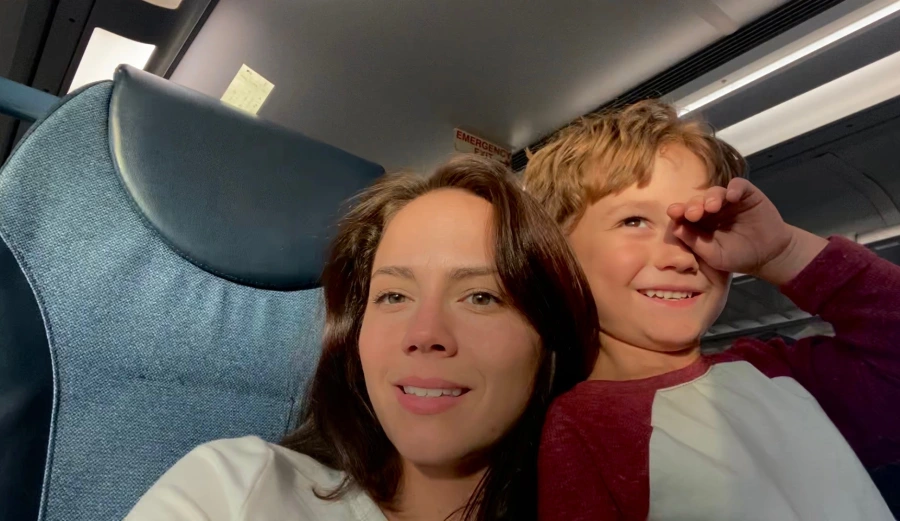
(in no particular order, from the past couple decades. This will be my last post on this site, planning to move to a different server soon, will drop the link when it’s up and running.)
Michigan
“Just so you know,” said Bob, as he handed me an apron on my first day at the butcher shop, “The women will hate you.”
It was close to Christmas. I had just moved to Michigan and had walked into the butcher shop the day I arrived, looking for work; Bob had hired me on the spot. $18/hr. Told me to come in on Saturday morning.
I looked at him with confusion, half smiling, thinking he might be joking. “They’ll hate you because you’re beautiful. You’re bright.” He peered at me over the tops of his heavy black frames. “They hate that,” he repeated. He said it without emotion, the same way you tell someone that porcelain tiles are good at conducting heat, or that walnuts can be found in aisle 9.
Miriam, the butch manager, smiled sympathetically and gave me a wink.
* * *
Bob was right.
Miriam, not caring about the opinions of men and therefore devoid of that particular strain of jealousy, was kind.
Italy.
I was standing outside an apartment building with the Australian by my side. He was grumbling at his phone, searching through messages on a ride-share app. “I think this is the spot,” he said. I stared up at the building. A middle-aged, attractive woman leaned out of one of the windows. She had a cigarette in her hand and looked satisfied. Somehow I instinctively knew she wasn’t married. Her eyes traveled down to mine and she waved. I waved back, ever responsive to unmitigated friendliness. She disappeared and I could hear her talking to someone inside. Moments later, a bespectacled man poked his head out of the window and shouted down at us as though we were his long lost siblings. He was our ride to Turin; we’d come to the right spot.
His name was Nicola. He was wearing a sad coat that looked like a Ukrainian carpet. We climbed into his car – I took the backseat, not feeling up for making small talk in broken sentences – and set off.
He spoke of the woman in the building as “his friend,” and explained that he had to go to Turin for his daughter’s 18th birthday party. He smoked cigarettes continuously. We asked where he lived and he said, “I live my life in boxes. I do not have a home.” At one point his cellphone rang. We could hear a woman yelling on the other line. Nicola yelled back.
“The wife,” he said afterward, in a tone that made me like him less.
* * *
At the end, some five hours and two gas station cappuccinos later, he refused to take our money. “You listened to me,” he said, “You wanted to learn about me. That’s more than enough.” When he said that, I felt a protective affection towards him, a blurry kind of goodwill, the same love I feel for the laconic men in my family.
What a bunch of fickle clusterfucks we are.
Gmail, omnidirectional
When the weight and levity and flavor and color of the day belong to a singular emboldened name in your inbox. Refresh, refresh, exit, close the laptop, peel an orange, fantasize, scold yourself, open the laptop, look again. There he is. Gravitational pull, everything to the center again.
West Virginia
Years ago, as a freshman in college, I went with a group of fellow students to a nursing home somewhere in West Virginia as part of a campus outreach program.
When we got there, students wandered off in various directions. I could hear my classmates entering rooms and greeting people using the tone of voice one might use with a child, and I hated it. I imagined that the old people hated it, too, but that they were lonely enough they were willing to accept being approached like docile fools. I wondered if they could see the self-serving elements of our piousness, or if they even cared. I wondered if one starts to generally assume better or worse of people as time goes by.
I wandered into a room where a bright-eyed lady was sitting upright in her bed, staring out the window.
“My name’s Alanna,” I said, as I took a seat near her bed.
“Beulah,” she said. “That’s my name. Ever met a Beulah before?” I had not, and told her as much.
“You ever had sex in the woods?” she asked me, suddenly, with a glint in her eye. I could tell she was laughing at me – she knew I hadn’t. At this point, at eighteen, I hadn’t even been kissed yet. It was jarring to meet a woman in her late eighties who seemed more instinctively in touch with vitality than I was at the time.
I blushed. She observed my embarrassment with a kind of benign amusement and then went on, “My husband was into it. Always wanting to make love in the woods. My god, but didn’t we always have an audience. I remember looking over to the side one day and seeing a deer staring at us, wondering what the hell we were doing.” She burst into laughter, then closed her eyes like she was savoring the memory. I laughed awkwardly, feeling a mixture of fascination and something like envy. I’d never heard anyone describe sex with such frank and irreverent delight.
As I left her room I noticed a large green dot on the name-board next to her door. I asked someone in the lobby what the green dots meant.
“Oh,” they said, “The green dots mean those are rooms you shouldn’t go in. Staph infection, usually. Contagious.”
I’m still here, over a decade later, so I obviously didn’t end up getting whatever Beulah had; at least, not as far as staph infections go.
Upstate
I’m eight, and I’ve just gotten my first pair of glasses. The definition they bring enchants me, but after my brother calls me four-eyes I stop wearing them as often.
But I have to wear them – I’m severely myopic. My parents gently encourage me to increase the amount of time I wear them each day.
One night I lay down on the couch with my glasses on. I close my eyes. I hear my parents come into the room and feel the two of them leaning over the couch, looking at me. I think I’m fooling them into thinking I’m dead asleep, but now, as a parent, I know they knew I was listening.
“Have you ever seen someone look so beautiful in glasses?” my mom whispers to my dad.
“No, never,” he replies. I feel them gazing at me for a moment longer, and then they tiptoe away.
Well hello. I’ve just finished devouring a white peach for breakfast. A mourning dove is cooing witlessly outside (how else would they coo?) and a fruit fly is flirting with death in in front of my face.
It’s been a wonderful summer. I figured I’d share a few snaps as well as some brain-and-heart nurturing things I’ve enjoyed lately.

I.
First, here are some tunes for you to enjoy.
1. Ry Cooder – I Think It’s Going to Work Out Fine. This song is the sound of how contentment feels in my body. Saving up for an electric these days.
2. Rayland Baxter – Small Worlds. Everything about this – lyrics, production, sound scape, mixing, mastering, vocal phrasing – it’s a beauteous thing.
3. Quinnie – Touch Tank. Fun to scream sing in my car. Lovely and uninhibited.

II.
I came across this essay on Maria Popova’s brilliant site The Marginalian about Canadian psychiatrist Eric Berne’s handbook “The Games We Play”. I very much enjoy the section on awareness, and the discussion around “beautiful friendships.”
We humans are capable of making such a mess, but we are also capable of incredible clarity and connection.
Another worthwhile read – The Power of the Bittersweet: Susan Cain on Longing as the Fulcrum of Creativity.
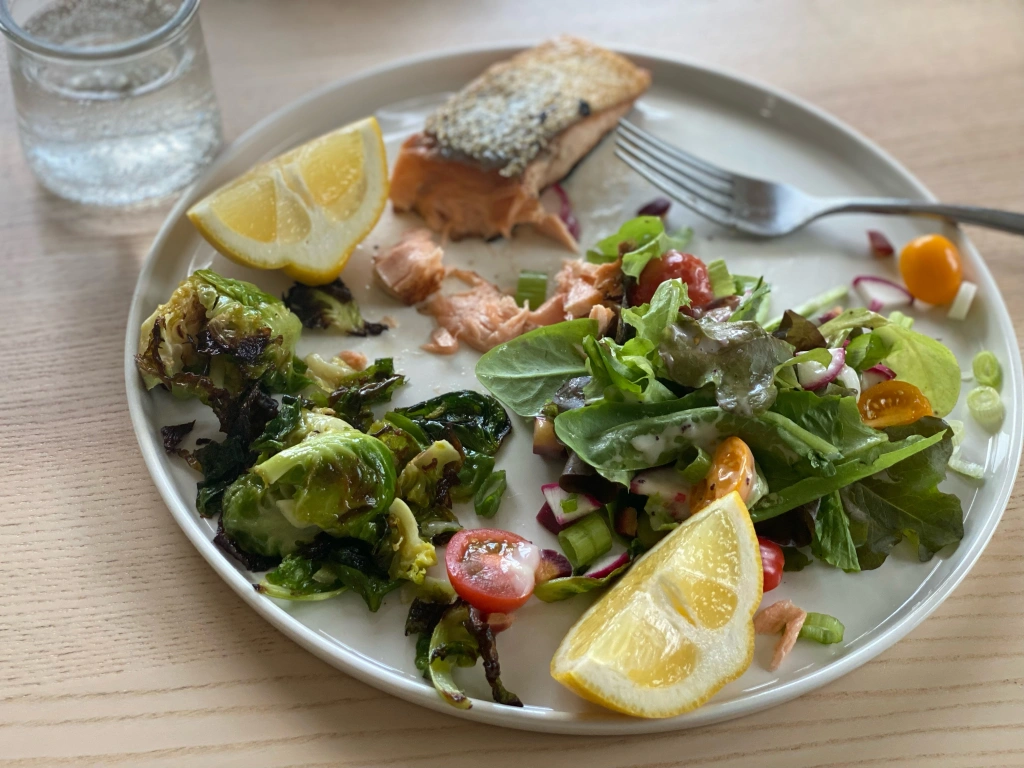
III.
The other night I enjoyed the film Big Night. It’s a humorous, vibrant exploration of desire, identity, selling out or staying true, and the uselessness of beauty…a look at the true nature of celebration. My love for the early 90s color palette – that saturated, 35 mm tone – made me savor the film all the more (it is set in the 1950s, New Jersey).
I loved a scene in the movie where two women (who are actually in competition with one another, unbeknownst to one of them, over the same man) begrudgingly take solace in their grievances over the inconsistency of men and daydream about moving out West to find wider vistas and predictable loving (“cowboys are consistent”). But even as they mutter over a generalized idea of men as a whole, their tenderness toward one flawed man in particular (Secondo, Stanley Tucci’s character) animates them both and provides a unlikely footpath between them.

Don’t get me wrong, Secondo is selfish and dishonest regarding these women, and he loses them both in the end. But I love that this scene makes evident the fact that we are all much more than our selfishness, jealousy, and dishonesty. Individuals are lovable – frustratingly so. I think that might be one of the central points of the whole movie. Love for the sake of loving, spar for the sake of sparring, eat for the sake of eating, put aside the mutterings for a moment…
***
I remember poring through Gourmet magazines as a small one. In my sheltered childhood, cookbooks and food magazines were my doorway into the sumptuous, the playful, the erotic, the sensual (honorable mention to Brian Jacques and his chapters long descriptions of the feasts at Redwall Abbey). My dad was a tremendous cook and we ate very well. Church, nature, and lambchops were my points of enchantment. For this I am thankful. I wish that every child could experience their first moments of poetic rapture free from the trappings of consumerism, greed, shame, or lust. I wish everyone’s initial experience of eros – which is one of our deepest modes of relating, pervading everything – could be nurtured from the get-go by nature, color, and wonder. It’s a grave failure on many entities’ parts that pornography is often the first experience of unbridled curiosity in a young life. At times I wish I had land with all sorts of animals roaming about so that my boy could see the life cycle as being part and parcel of every other miraculous and mundane activity – as well as recognize the distinctive gift of tenderness that we humans carry. Nothing siloed, nothing taboo.
I believe that deep savoring is fundamentally full of light.
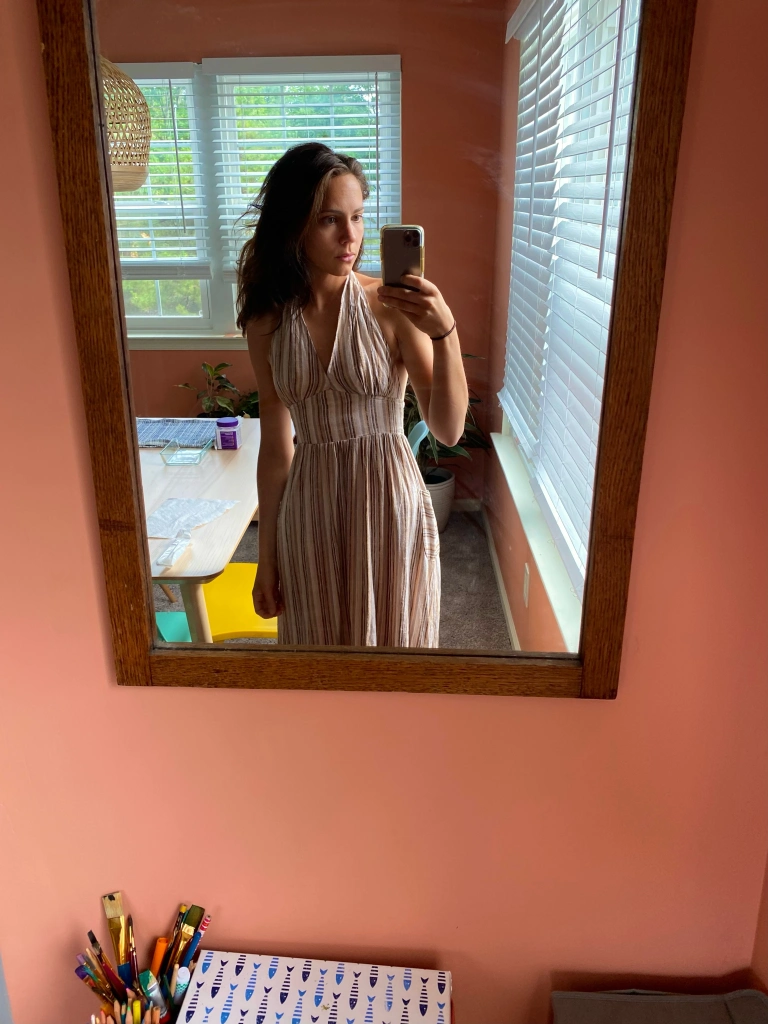
IV.
I also recently watched the series The Bear on Hulu. I think the underlying messaging has the potential to be developed into something profound about masculinity, sobriety & self-awareness, pride in one’s work, and the concept of chosen family. There was a lack of depth and chemistry in the cast, which made certain areas fall flat and/or feel strained. I sympathize with the writers and producers because you can only cover so much ground within a given runtime.
Everyone yelled at each other at all times, and that was annoying and stressful (I wouldn’t last a day in the food industry).
The protagonist of the show puts off the vibe of an emotionally broken and intense hobbit who’s wellbeing depends on risotto – i.e., the type of person I gravitate toward at parties. He wasn’t likable, but he was quasi interesting. Better to be a bastard with a mission than a milquetoast with manners, one hunnerd percent.
I will watch Season 2.


I am happy and thankful for my life, exactly as it is. I recently accepted a new job that’s put me on the fast-track in a field that not only stimulates my creative side but also provides excellent support and benefits. I’ve never enjoyed when people romanticize poverty or disdain the drive for financial success. Money, to me, is not about status. Rather, it represents opportunity and possibility – two things I need to feel invigorated. Opportunities to hold feasts for friends, opportunities to take my child to beautiful places, opportunities to help, opportunities to simplify into elegance. All of my efforts in this regard flow toward the desire to widen my and my loved ones’ repertoire of experiences (and also to be able to buy good shoes without wincing).
I’ve lately been marveling at the the graces and joys and freedoms of single parenthood. I haven’t always felt this way, not by a long shot. A good portion of these last four years has felt like attempting to tread water in a gale wind, and much of it has been lonely and hard-going. Bit by bit I’ve climbed with my kid on my back, believing somewhere deep inside that I would find my way to an expansive, joyous and abundant life. I now know the depths of my grit. I do not wish for another life or circumstance. I am not set against the influx of love in my life, however it may come; but I am thankful for what I have now.
It’s mostly true that people rise to the occasions life brings their way, and there’s no way to compare life paths in any quantifiable way. Had things panned out differently for me, it’s likely I’d still be finding silver linings, I’d be making do, I’d be trying my best – that’s what I’ve always done. But I feel great peace in knowing it is not my path to have many children, to homeschool, to be catholic, to be a domestic goddess, etc etc. I am thankful for the things that have formed me, the things that have not gone to plan – and the enduring simplicities that have remained a constant source of sustenance throughout.
This way of doing things is the only way I know of, so I can’t make a really sound comparison with being partnered for decades and bearing ten children. What I can say of my one experience is that raising a child with a partner I am not romantically intertwined with or emotionally reliant on has been blessedly straightforward, calm, and kind. I have to admit it’s hard to imagine what it would be like having to fit the mold of being everything-to-everyone, as is exulted within some less-than healthy circles, and as I witnessed growing up (it isn’t possible, of course, and it quickly turns into one of the many games Berne described in his handbook on human interaction, mentioned above). The pressure women put on themselves, and that’s foisted upon them, is crippling – and yet strangely rewarded in some sort of subversive way. I’m sure some couples have successfully struck an egalitarian balance, but I wonder if that’s almost a fluke of nature when it happens. Depends on how one defines egalitarian, I guess.

My life is simple and circumstances allow me to take long bike rides through meadows on the weekends. I go alone to concerts in the city and well up next to strangers. I meet so many interesting people. Motherhood anchors me but life continues to inspire me and flow toward me from many directions.
My son couldn’t care less that I hate to cook – we subsist on veggies, fruits, and deconstructed sandwiches. We go to outer-space in the carwash, we exclaim whenever we see the heron, we have limited our use of the word “poop” to only thrice a day.
Not everyone will see the beauty in it, but I am glad that I do.
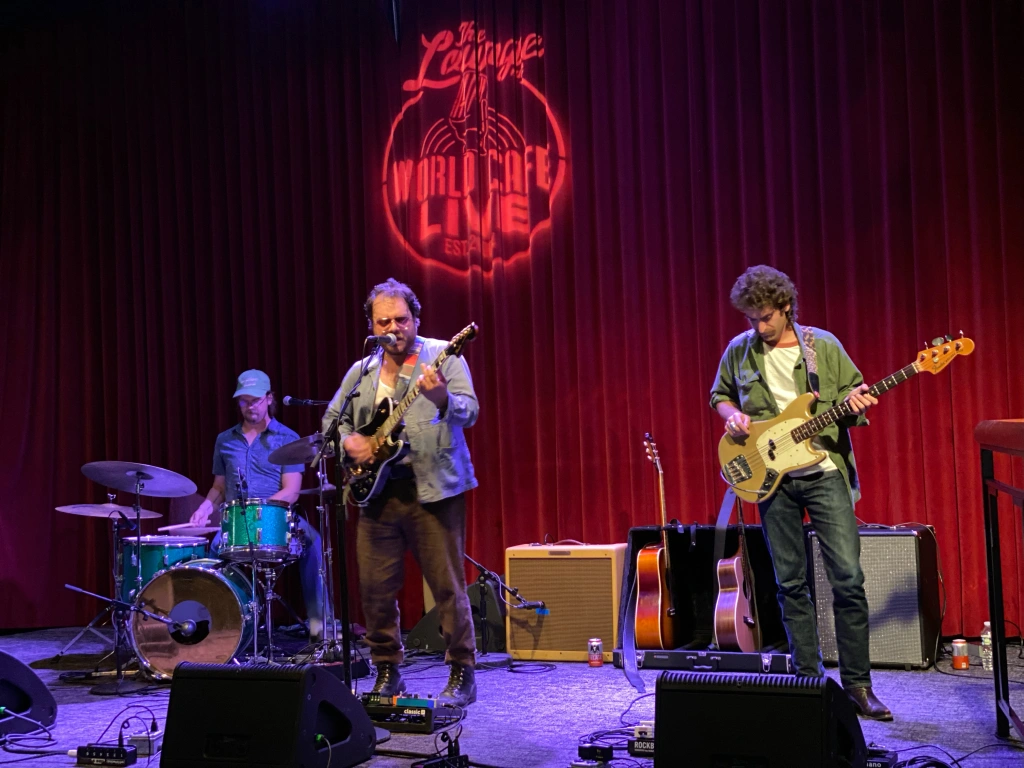
I might start a new blog at some point.

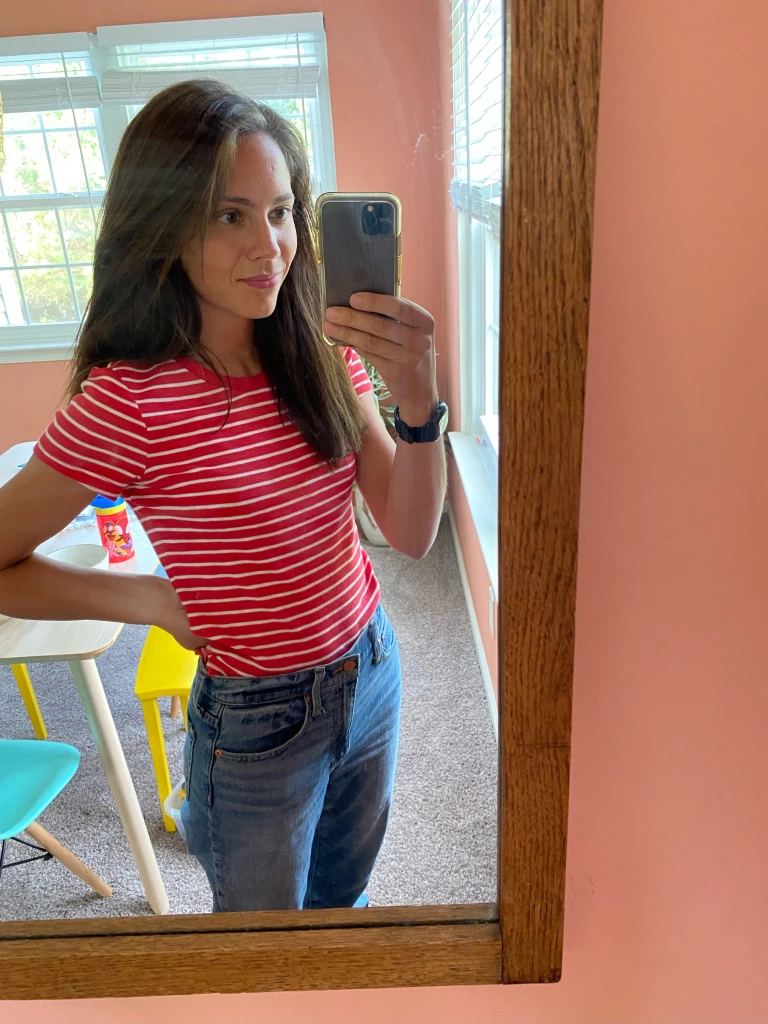
That’s all I’ve got for now.





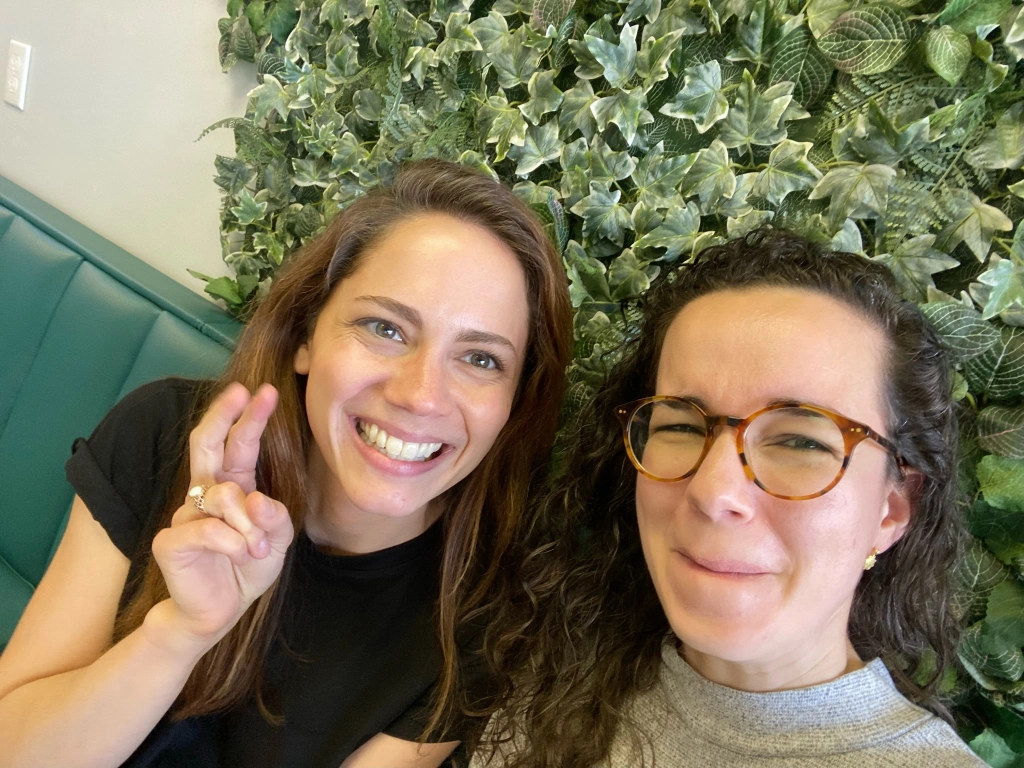





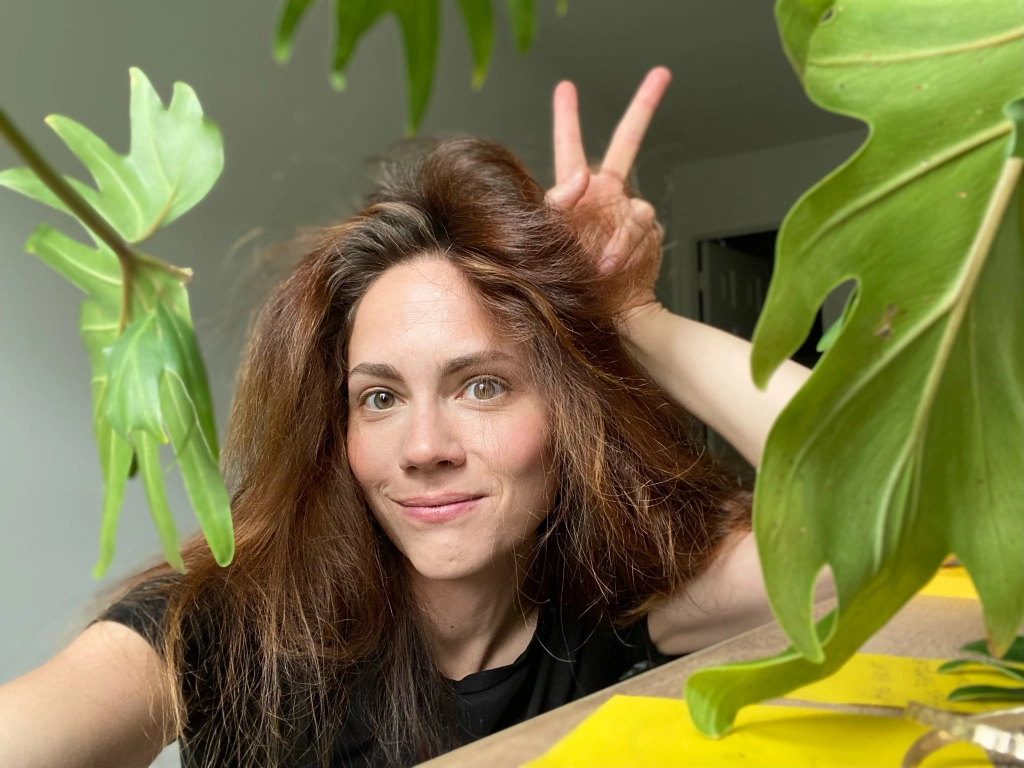

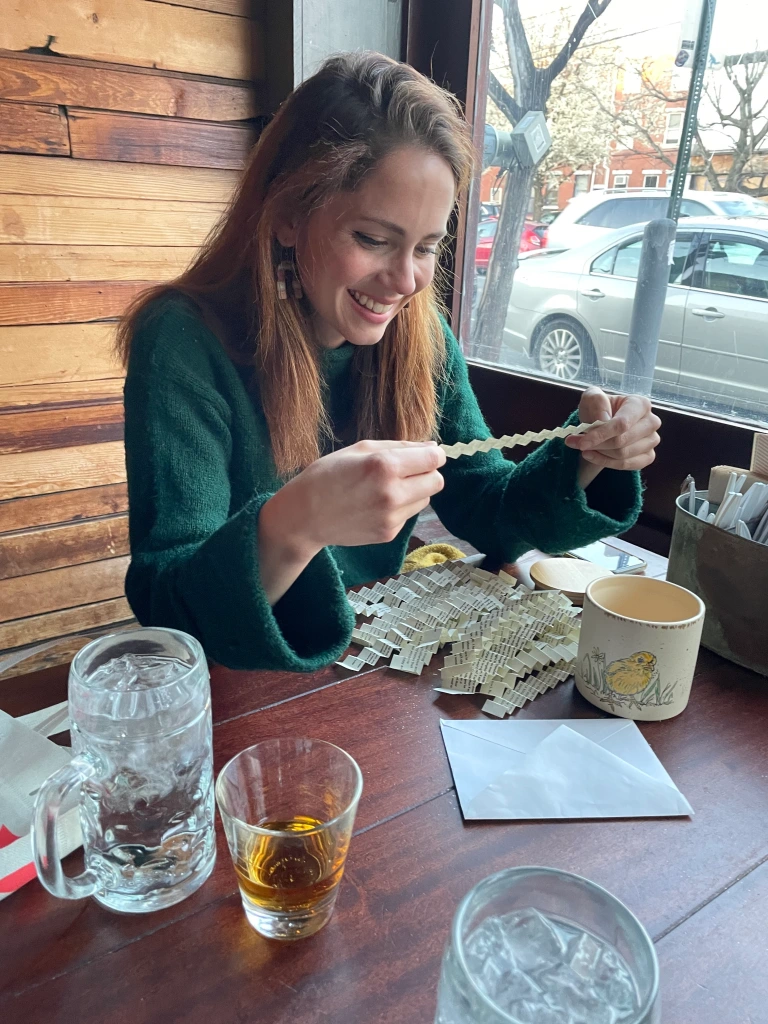

now and then I reassess the guiding principles that I try to live my life by. These were what came to mind yesterday, as I pondered the past five-ten years. I don’t share them to offer anyone advice – rather, just to give a glimpse into one brain among billions.
Get enough sleep.
Never drink alone. Your family tree is watered by alcohol.
Be wary of people who say things like, “I would never do that”: they lack self-awareness.
Never gossip.
Avoid friendships with people who gossip.
Be your own advocate – don’t expect (or let) others to do your thinking or fighting for you.
Tell your partner the truth – the whole truth. Especially if the whole truth will potentially rock the boat. Withholding aspects of yourself that you know might scare them is something like holding them hostage: you’re controlling the situation by not giving them the whole picture.
Read. Often. While doing nothing else.
Now and then ask yourself what you’re most afraid of: be it an idea, a person, a lifestyle, a memory. Then learn as much as possible about it and talk as much as possible about it.
Embrace the fact that you’re often wrong and admit it when you are.
Never dumb yourself down or sweeten yourself up just to appease somebody.
Buy the better butter.
Get the nicer cheese.
Take care of your appearance.
Pay attention to what you rationalize – especially if you’re defensive about it.
Neither demonize your bodily appetites nor assume they have your long-term happiness & healthiness in mind.
Consider the most joyous outcome as a viable possibility.
You know how it is when you’re leaving your house and you don’t take a sweater, you don’t take a coat – because it can’t be that cold? But then, it turns out you’re wrong, and now everyone knows you’re a fool?
That’s how it is to still love you.
You know how it is when you wake up at night, and you just need some water, so you turn to the light: but the bulb shoots off sparks, and you’re as blind as before, so you stay there in bed, imagining the door?
That’s how it is to still love you.
You know how it is when you see an old friend, and you ask how he’s doing, ask how he’s been – you say, “How is your mother?” and his face gets so sad – he says, “Mom passed away…I thought I told you that”?
That’s how it is to still love you.
 On the way to the orchard we listen to Natalia LaFourcade and Taizé.
On the way to the orchard we listen to Natalia LaFourcade and Taizé.
At the orchard we move along the rows, stopping to examine the crushed apples. Lewis exclaims “the bee!” whenever a drunken bug scrambles away from beneath a piece of fruit. We eat donuts at the end, seated on a bench, and a fat calico squishes herself against me and paws at my donut until I share it with her. I have never shared a donut with a cat before, and, this being the case, shall never forget it. She is a shameless glutton. Lewis uses her as a pillow and barely makes a dent in her generous girth. To her credit she endures this patiently, although it’s likely that vice, not virtue, drives her ability to abide – I get the sense that this cat would trade her own tail for a teaspoon of butter.
 We go to the Delaware and spend time outside of time, throwing rocks in and marveling at their plop and irretrievability. Knowing that this, right in front of me, is all that I actually possess is enough to make me cry from joy. I suddenly notice the little green weed that’s growing beside me. I take delight in the possibility that I may be the only human to ever really look deeply at this marvelous thing, and even deeper delight in knowing that it would have been just fine (and just as alive) had I never seen it at all. I’m fortunate to have made its acquaintance.
We go to the Delaware and spend time outside of time, throwing rocks in and marveling at their plop and irretrievability. Knowing that this, right in front of me, is all that I actually possess is enough to make me cry from joy. I suddenly notice the little green weed that’s growing beside me. I take delight in the possibility that I may be the only human to ever really look deeply at this marvelous thing, and even deeper delight in knowing that it would have been just fine (and just as alive) had I never seen it at all. I’m fortunate to have made its acquaintance.
I sit for awhile, watching him and humming Mi Tierra Veracruzana.

I wear a new (to me) dress from the 1950s and I wonder how many have worn it before me. How many of them are still living? Did the first owner love its gray and yellow color combination as dearly as I do? (Did he – if indeed there was a he to entice – tell her, “You are beautiful,” or, instead, the dreaded “You look nice”?)
 Tea is had, battles are fought, leaves drift across the yard.
Tea is had, battles are fought, leaves drift across the yard.
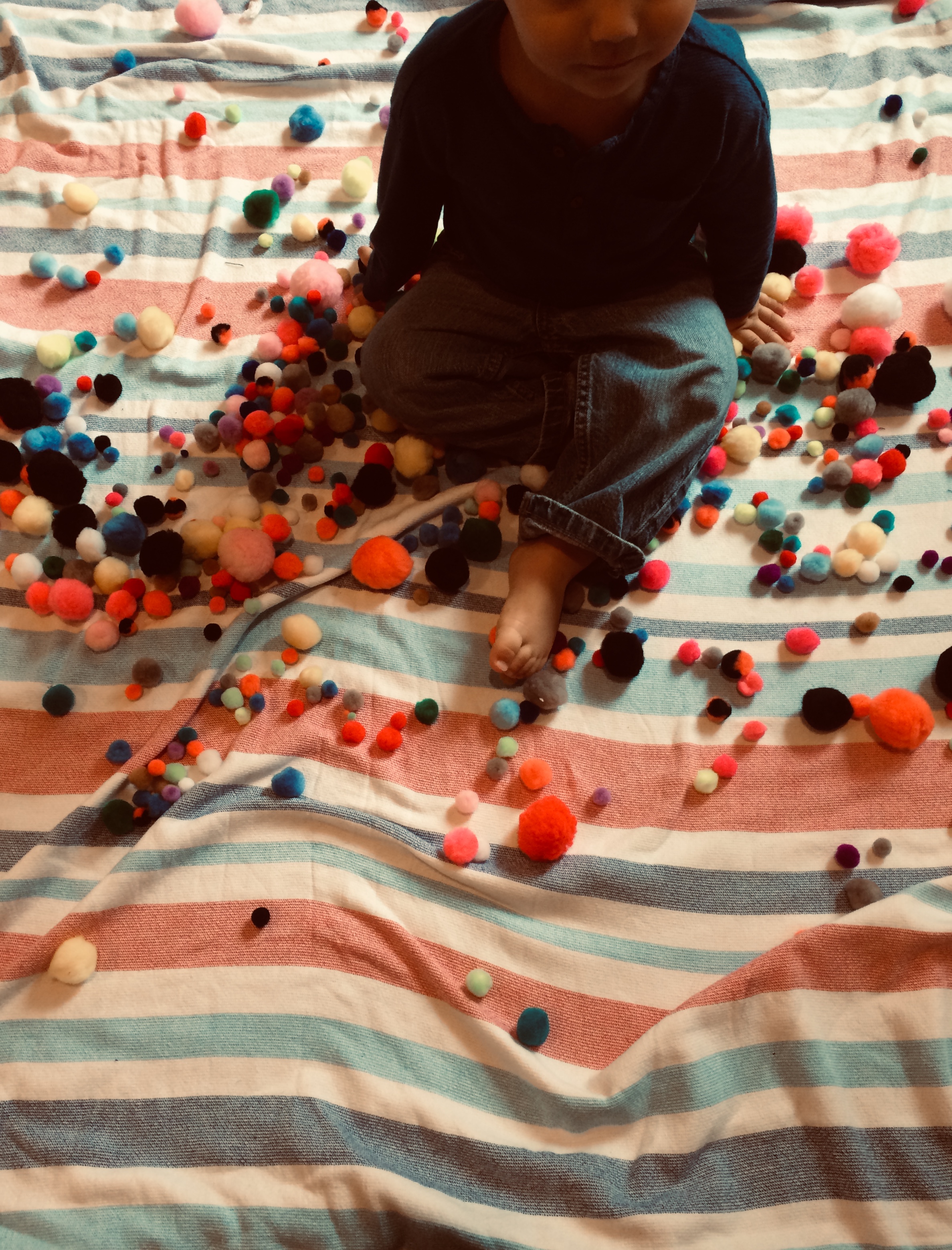 “Dump!” he says. And so I dump a riot of felt balls over his head (which then roll under the fridge, into his curls, and away from any vestige of order). We turn Natalia LaFourcade back on and dance like fools, trampling crackers underfoot and into the carpet, because that’s life.
“Dump!” he says. And so I dump a riot of felt balls over his head (which then roll under the fridge, into his curls, and away from any vestige of order). We turn Natalia LaFourcade back on and dance like fools, trampling crackers underfoot and into the carpet, because that’s life.
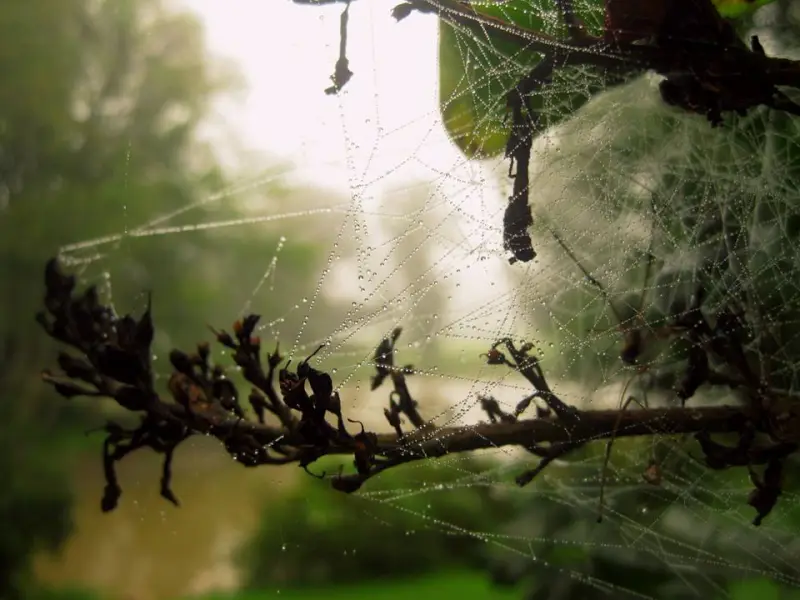
It’s the tail-end of summer.
Last week I could feel autumn in the air. It gave me a tender, gloomy feeling: like Vincent Price’s voice, or finding a scrawny cat nursing her kittens in the back of an abandoned truck. Like that old love letter you’re not able to throw away just yet – it seems morbid to read it, but you take comfort in its hidden physicality.
There’s that certain tang beneath the humidity, a rot beneath the heat. The sounds have changed, too. The cheery birds that sang throughout the sunnier months have started to grow silent. Now it’s the crow who yells in the morning – such a bleak, memory-laden sound. The cicadas have dropped to a lower pitch, too. Things are waning. I’m noticing the heads of wheat along the road and the heirloom tomatoes in their bins, noticing them because things are less riotous in general, and there’s less for simple beauty to compete with.
It’s numinous.
I’ve always felt a Presence in nature. I stand and look at the gladiolas and feel as though they are looking back at me.
And in the Fall, when things are either slumbering, dying, or hiding, I feel that Presence most acutely.

Die Blätter fallen, fallen wie von weit,
als welkten in den Himmeln ferne Gärten;
sie fallen mit verneinender Gebärde…
Lew and I ran to the store yesterday morning, mainly for fruit and naan bread (I’d gotten a hankering for it, and later on I toasted it on my cast-iron pan). There was a big bucketful of gladiolas near the potato display, and I took two of the unwieldy bunches – one an aubergine, the other an aggressive pink – and put them in the cart beneath Lew’s ever-kicking feet. Once we got home I put them in the kombucha jar that typically sits listlessly in the corner, awaiting another chance to embrace something beautiful for a few short days.
The gladiola branches are curved out in every direction, poised like the arms of a diver, rigid and attentive. It almost seems like a new blossom unfurls by the hour.

I have never written an informal blog-post. I always have some point in mind. So this is a bit of an experiment. I’m not even sure what I’m here to say, or who I’m saying it to.
I have had many emails come in since I posted my last blog – the one about my not being Catholic anymore. For the most part these emails have been encouraging, grateful, loving, vulnerable, and heartening.
A couple came off sounding accusatory – I looked up to you! – and a couple came off sounding, simply, mean.
The most encouraging response – which came from someone who knows me very well – was, “I want you to know how much I respect you for choosing to follow your conscience. It was very brave, and I know you do not take it lightly. You have a greater love for truth than almost anyone I know, and I know it is only pursuit of truth that would cause you to make a decision like this. I know you have respect for people who hold religious convictions in a healthy manner. No matter what sort of negative comments you get, you are loved beyond measure. I know that you are more running toward something than running away from something.” These words made me feel totally seen, in the best way. They are accurate words from someone who has an accurate perception of me – someone who knows both the good and the bad in me.
Still, my shoulders tense up whenever I see an email from an unknown address in my inbox, or a notification telling me another comment has been made on the post. While I have made strides in letting go of worrying about others opinions (parenthood has a way of doing that), I still find it emotionally taxing to have people projecting their own fears and dysfunction onto what they perceive to be my dysfunction. Doesn’t matter if their perception is accurate or not: it just sucks that they feel the urge to be cruel.
It’s nearly always other women who say vicious things. I think some people need to have someone to hate and tear down – a scapegoat. We all do that, to some degree – heap our unresolvable anxieties, questions, guilt complexes, resentments, etc onto some “Other” and then stand at a distance, snarling self-righteously. Competitive desire and resentment make for an ugly set of twins. They, along with smarminess, are two of the most hideous sides of this human nature we’re all dealing with, in my opinion.
On another note, I’ve found it interesting how some folks have chosen to interpret the decision as being the result of my being seduced by postmodernism. It does seem to be that for some minds, it is inconceivable that an individual could possibly be healthier, happier, and more integrated after leaving the religion of their youth (unless it’s Mormonism. Or Islam. Or – well, anything other than Catholicism). It is also inconceivable, within this line of thinking, that a person could come to such a decision and yet maintain their moral compass, their belief in God, and their desire to live a meaningful, virtuous life. More than a couple people wrote offering to help me through this time of delusion and, though they didn’t say it, “sin.” Leaving the Catholic church seems to automatically transform an individual into a pansexual barista who sleeps in until 2 on Sundays and is utterly irreligious – basically, Shaggy from Scooby Doo. This is catastrophically dreadful in the eyes of this sort of Christian.
(Personally, I a) don’t think Shaggy is the most morally bankrupt dude out there, all things considered, and that we could all learn or thing or two from him, and b) don’t follow the logic.)
But you know something? I don’t mind. Not to the point of feeling anxious or conflicted about it. There would have been a time when my emotional volatility would have called the shots, and boy oh boy, I would have seethed. Small example – someone said to me the other day, “You may have left the Catholic Church, but the Catholic Church hasn’t left you.” I have yet to understand exactly what was meant by this weird statement, but at one point in my life I would have chewed his head off without stopping to consider that he probably meant well, and that there’s no way he could possibly know precisely how a statement like that would land on a person with my history. I either don’t have the emotional energy to care about the opinions of those whose opinions used to rule my emotional state, or, I’ve reached some small measure of serenity such that I recognize everybody’s a bit fucked up and a bit frightened, and that it’s quite all right to use “I don’t exactly know,” as an answer to many of life’s most enormous questions.
Anyway. What else can I tell you about? How about a small glimpse into dating post-divorce/annulment, as a single mom. A few months ago I hopped on several dating sites, and – it’s been…mildly discouraging?
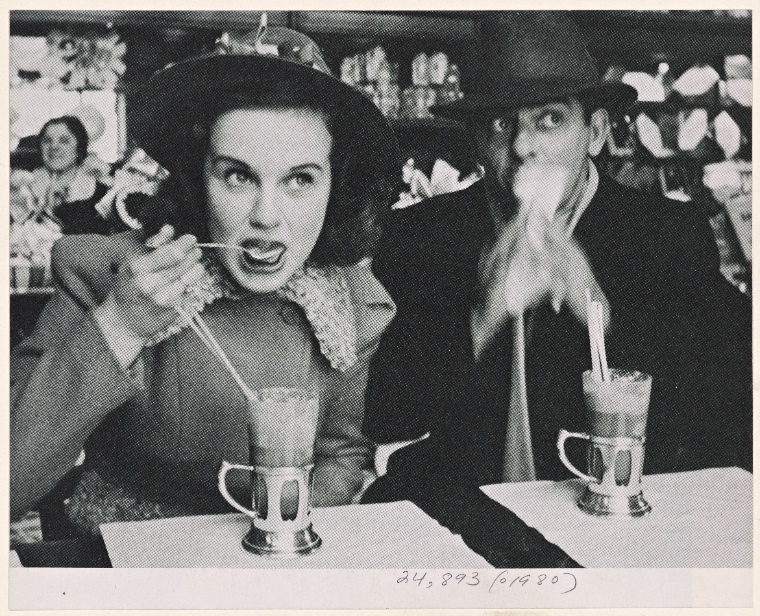
I have yet to meet a man who is open-minded enough to accept my faith journey (feels sentimental to call it that, and also a little inaccurate – maybe ‘existential questioning’ is a better fit) and the fact of my being divorced/annulled with a child, and who is integrated enough to be living a meaningful, value-oriented life.
I honestly couldn’t care less what religion a man practices (or doesn’t), so long as he is noble. One’s purported Creed is no guarantee of one’s character. That proves itself pretty clearly over time and exposure.
Most of the men I know are
a) single, militaristically Catholic, and disturbed by the idea of dating anyone who is not Catholic;
b) single, atheist (“and laughing about it” as OKCupid describes), and vocally enthusiastic about having as much sex with as many people as possible
c) married
d) old
e) not into women
f) on the treadmill of ennui
g) some combo of any or all of the above.
(This is not meant to be super serious, in case you didn’t already pick up on that.)
I went on a date with one man who, upon hearing that I believe in God, asked with clear disdain, “So – do you believe in Creationism, then?”
I stared at him. “No. I do not.”
“Oh. Well. Do you think it should be taught in schools?”
“No.”
He blinked, pleased but skeptical. A few minutes later he asked, “Did you vote for Trump?” Again, negative. I pretended that none of this was insulting, and nodded politely while he explained that all philosophical problems are semantic problems and if people just knew how to talk properly, there would be no problems. Having ascertained that I wasn’t a fundamentalist sheep with a gun in her corset and a tobacco boil festering on her gums, this same guy later asked me, about five minutes into dinner, how kinky I am (on a scale of 1 to 10).
My, my, what a swing.
At this point, I began to feel less – agreeable. That I was eating a salad consisting almost entirely of troublingly warm feta cheese wasn’t helping, and that the feta began to feel like a woolen sock trapped between my jaws added to the general hideousness of the whole thing. I smiled agreeably (after struggling to swallow the sock of cheese) and told him that I am a very open-minded, imaginative person but that it ultimately wasn’t his business to know. He nodded, remarked that I had the most unreadable face he’d ever seen, and proceeded to talk about sex drive, his own and that of others, including his two-timin’ ex who cheated on him with his best friend. I did my usual empathetic listening thing and secretly wished I could observe the sparrows that were dancing around on the sidewalk just beyond our table. I find birds to be very funny. But “people are more important than birds, Alanna, even disagreeable ones”- conscience. Anyway. Once this fellow figured out that I wasn’t into casual sex, his eyes glazed over and he started to do alot of shoulder-coasting. I stood up and smashed my plate over his head ala Anne Shirley, and feta streamed down upon his head like the oil streaming upon the beards of whoever wrote those weird proverbs in the Old Testament.
All of this accounting is true except for the last sentence.
It occurred to me, on another date with a different guy, that the restaurant we were at probably serves white beets because they don’t want people to think they’re dying the following morning (we were eating said white beets at the time: I did not divulge my poop-related thoughts to him). During this date, I asked the man what song had first moved him to tears, and he said, without hesitation, that it had never happened.

I have learned that I do not click romantically with hyper-logical people, generally – the “T” types – and I quietly reminded myself that another bleeding heart is out there, somewhere (though, hopefully, not a bleeding small intestine).
Options are slim, it seems. I have deleted my OKCupid account.
So how’d I do, informally-speaking?
I bet if you have no sense of humor, you are annoyed and/or offended.


This evening I was listening to a fairly popular podcast geared toward Catholic women. The host, a woman, had invited two other women onto the show as guests to discuss “love, sex, and orgasms”. Toward the end of the episode, the conversation focused in on orgasm within the married context, specifically the experience of female orgasm. A listener had written in with a question regarding what is/what isn’t appropriate when it comes to sexual pleasure from the Catholic perspective, and one of the guests answered the inquiry by first giving a definition of “woman’s orgasm.” I will share her definition here, as I remember hearing it while listening, and will then give my rebuttal, because I think her perspective is a dangerous and unhealthy one that’s worth challenging.
“What is the meaning of a woman’s orgasm? … It’s a moment for you to show your husband how wonderful he is. In the best possible situation what you want is not to have an orgasm for your own pleasure, for your own satisfaction, for your own enjoyment, but because it’s this moment when you’re showing your husband how wonderful HE is, right? It’s an affirmation for him.”
This is an oversimplification, and a problematic one, at that.
While sexuality is meaningful within the I-Thou context, it is also a deeply experienced aspect of the subjective person – it is something that, on some profound level, is incommunicable.
Sexuality is more than one’s genitals, obviously. It is bound up within the very personality of an individual. Orgasm is more than the stimulation of said genitalia: it is a bodily, psycho-spiritual experience that occurs within a specific moment in time to a specific embodied person.
While orgasm – mutual or staggered – is affirming for a partner to see and experience (I believe it’s validating for a man when he can “please” his partner, as female orgasm is a tad more elusive than male), he is, nonetheless, a witness to his partner’s ecstasy. He cannot experience it for her, nor is he meant to. The body is impervious to true union, in this sense: while the genitals are the one set of organs that are incomplete on their own, and while sex unifies the complementary sets, nonetheless the experience of sex and orgasm are uniquely male or female, and neither can fully understand the other’s experience of the act (including the pleasure). There is a reason why, from time immemorial, tales have been spun about people who shape shift (I’m referring here to Greek mythology) so as to discover which sex experiences greater pleasure: we witness the Other’s ecstasy, and we wonder at it. We realize that we are seeing our beloved in a uniquely vulnerable moment of self-expression. It is a sexual expression, no doubt, but it belongs to them uniquely, as an individual. It is an expression, indeed, of their personality. And so to insist that the purpose of female orgasm is to affirm the male is tantamount to asserting that she, a persona incommunicabilis, is a means to an end. This flies in the face of the fundamental ethic that each person is and end unto him or herself: and so, it won’t do.
This is not to say that a woman can’t bear her partner’s self-confidence in mind as she surrenders to the moment of intoxication brought on by his embrace and his touch – she would do well to do so. But I’d wager that a man feels plenty satisfied upon seeing the woman he loves reveal this most particular part of her personality – the wild, self-forgetful, full-to-the-brim, vibrant prism of her pleasure. What’s more, I believe it is a pleasure for a man to pleasure a woman, and vice-versa; and that, in the context of a respectful, loving relationship, there is no need to overcomplicate this matter by cerebralizing the life out of the sexual experience.
If a woman were to follow this problematic line of thought thoroughly – that female orgasm primarily exists to affirm the male – then there would be no point in her discussing with him the details of what is preferable to her, what is uncomfortable, what relaxes her, etc (though such open discussion is an essential part of a healthy, trusting relationship). Her personal preferences, in this purview, must take the backseat. Her pleasure (which, one of the guests said, is “gratuitous, anyway – we shouldn’t take it for granted”) must be at the service of his self-assessment. (It’s also worth noting that if a man were to make this same assertion – “My woman’s orgasms are all about me, yessir, and that’s how it should be” – he’d be quickly labeled as a masochistic pig, a selfish jerk, a childish loser. The heartbreaking objectification that is part and parcel of the stance would be immediately evident.)
I also want to note that, at one point, the other guest on the podcast chimed in during the discussion to say that a woman’s experience of orgasm should mirror, in some spiritual way, the creative ode that is Mary’s Magnificat (or the women of the OT). Her point, as I understand it, was that orgasm happens more readily when a woman is fertile and this makes sense spiritually because, in her words to me, “what we see all over Scripture is conceiving a child is the most joy-inducing thing, on a natural level, that a woman can do.” This is both bizarre and untenable, not to mention, alienating for those who cannot conceive. Further, it is predicated on a specific interpretation of Scripture that not everyone shares.
Sex happens between the ears before it happens between the legs. A woman’s brain is her biggest sex organ: what she holds in her thoughts will bear itself out in bed. So if she is mentally obsessing over somehow imitating the Mother of God, whom the Church regards as having been a perpetual virgin (not to mention entirely without sin), or some other scriptural figure, in addition to regarding herself as a willing martyr for her husband’s satisfaction, there’s a chance her experience of sex will be painful, perhaps in more ways than one. So, too, the pressure of having to hold in mind the purported idea of the Biblical notion of the conception of a child as being the “most joy-inducing” event in her life is, while a lovely ideal, one that could easily give rise to intense cognitive dissonance for a woman who either cannot conceive (but still finds orgasm deeply pleasurable), or for a woman who conceives in a situation that is fraught with external stressors (for example, poverty, illness, etc). I myself can say that upon realizing I was pregnant with my son, I felt a complicated mixture of emotions. Joy was among the strongest, to be sure; but there were also significant feelings of fear, stress, and anxiety. Do I see this as a moral failure on my part, an inability to properly align myself with the highest good? By no means. Point being: human situations and experiences do not always lend themselves to unequivocal statements.
What you believe about sex, what you believe about pleasure, what you believe about the body – that matters. While it is fine and good to read works like Theology of the Body, Love and Responsibility, et al., and to strive to incorporate the ideals therein, I believe it is crucial to police the human tendency toward abstraction – because it has real ramifications.
To summarize:
Orgasm, and the pleasure that it brings, is something an individual experiences as an expression of their personality: it is a subjective experience that is unique to each individual. This subjective dimension ought not be dismissed via over-emphasis on the communal dimension of sex & sexuality; it ought to be regarded as part and parcel of it.
I wouldn’t say pleasure is the primary purpose of orgasm, because that’s too reductive. But I do say that pleasure is essential to it, in a way that is unique among other pleasures. Eating, for example, is indeed pleasurable, and it serves a function – to nourish the body. Female orgasm doesn’t need to happen in order for conception to occur – in a sense, it’s “useless.” That, to me, says something profound regarding the design of the female body, and what the purpose of orgasm actually is.
Certainly, it is meaningful for a partner to see it and experience it. It is a gift for them, in that sense. But also certainly, it’s incredibly fun – just because. I think this is beautiful, worth celebrating, and that it ought to be remarked on more often.
There’s a great deal more that could be said on the subject, but this will have to do for now. I just felt it was important to offer a slightly more nuanced view on the matter. I acknowledge freely that I may have misunderstood what these women were trying to say: but I will not admit that, if this is the case, it is entirely due to my inability to comprehend the complexity, orthodoxy, and theological fittingness of what they were saying (one of them felt the need to point out to me that the other has a Graduate degree in theology after telling me I have slandered both of them and misconstrued their meaning and intention). I believe their language was imprecise and that their beliefs are problematic. And so I felt the need to respond as a matter of conscience. Desiring to slander or misrepresent doesn’t enter into it.
Now, I need to make some tea.